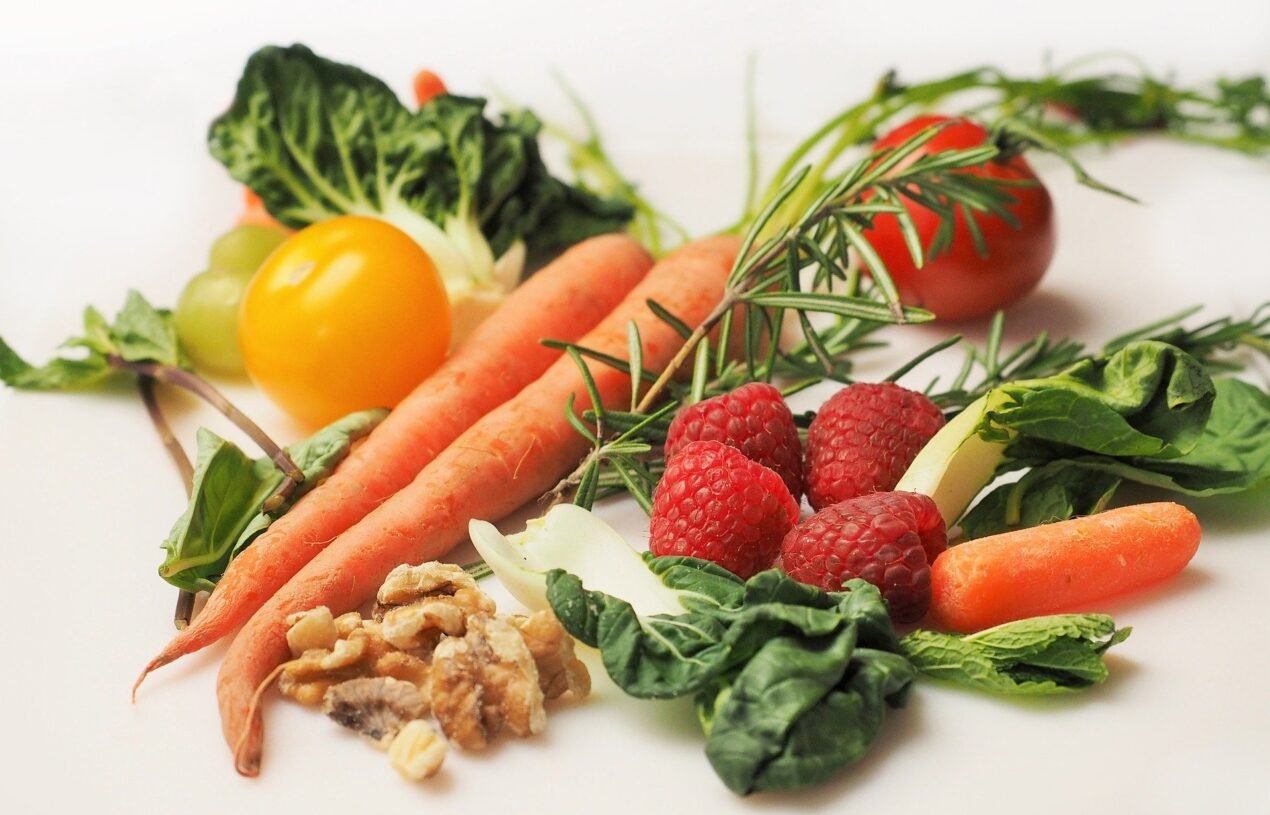The vegetarian diet goes back to the Greek philosopher Pythagoras. Different types of Vegetarians eat exclusively or predominantly on plant-based foods and mostly abstain from animal foods. There are different forms of vegetarianism, which can be distinguished by the proportion of animal foods and by the type and preparation of plant-based foods. As this results in large differences, a vegetarian diet should be nutritionally evaluated in relation to each individual group. The number of vegetarians over the world is increasing day by day. The vegetarian diets listed under this group are nutritionally harmless and recommended as part of a healthy diet, subject to appropriate planning.
Vegetarians and semi-vegetarians
Vegetarians can be classified into different types- Complete vegetarians and partial or semi-vegetarians. Partial and semi-vegetarians are only partially dispensed with meat and poultry, fish, and marine animals, as well as products derived from them. Some types of semi-vegetarians are:
- Ovo-Lacto vegetarians
In addition to vegetable foods, milk and dairy products, as well as eggs, are also consumed, but Ovo-Lacto vegetarians abstain from eating meat, including poultry, fish, and marine animals.
- Lacto vegetarians
The diet is similar to that of Ovo-Lacto vegetarians, but for Lacto vegetarians consumption of eggs is also abandoned.
- Pollotarianism
In this is type of semi-vegetarianism, Pollotarian is allowed to eat chicken.
- Pescetarian
The pescetarianism is focused strictly on fish and seafood.
- Pollo Pescetarian
In this kind of diet Pollo Pescetarian is similar to pescetarian, but he can also eat poultry.
- Freegan
Freeganism is not diet, it’s belief and lifestyle where Freegan uses discarded food and other goods.
- Vegan
The Diet of the vegan consists exclusively of plant food. Animal products such as meat, fish, and marine animals, milk and dairy products, eggs, and even honey are rejected. Vegan diets are usually not suitable for all. The vegan diet is only proper for healthy adults as a permanent diet. Vegans should acquire detailed nutritional knowledge, as this form of diet can easily cause a nutrient deficiency.
Not recommended types of vegetarians diet
Few types of foods and diet plans should not be recommended for anyone. This group feeds on a one-sided basis by excluding foods that are not adequately replaced by other alternatively consumed foods, possibly and thus takes health risks from nutrient under-supply.
- Raw Foods
may be vegan, eat only uncooked and unprocessed foods, including fruits, vegetables, nuts, seeds, as well as sphered cereals and legumes. On rare occasions, raw food consumers also consume unpasteurized dairy products and possibly even raw meat and raw fish.
- Macrobiotics
The diet is mainly based on cereals, legumes, and vegetables. Fruits, nuts, and seeds are also eaten to a slightly lesser extent. Some macrobiotics consumes small amounts of fish.
Some special groups might risk deficiency symptoms due to a highly one-sided diet. These types are :
- The strict form of vegans, consume only fruits, nuts and seeds
- Pudding vegetarians – These feed largely on processed and heated finished products.
Reasons and goals
Vegetarians usually combine dietary motives with the choice of diet, whereby the reasons and goals behind vegetarianism can be quite different.
